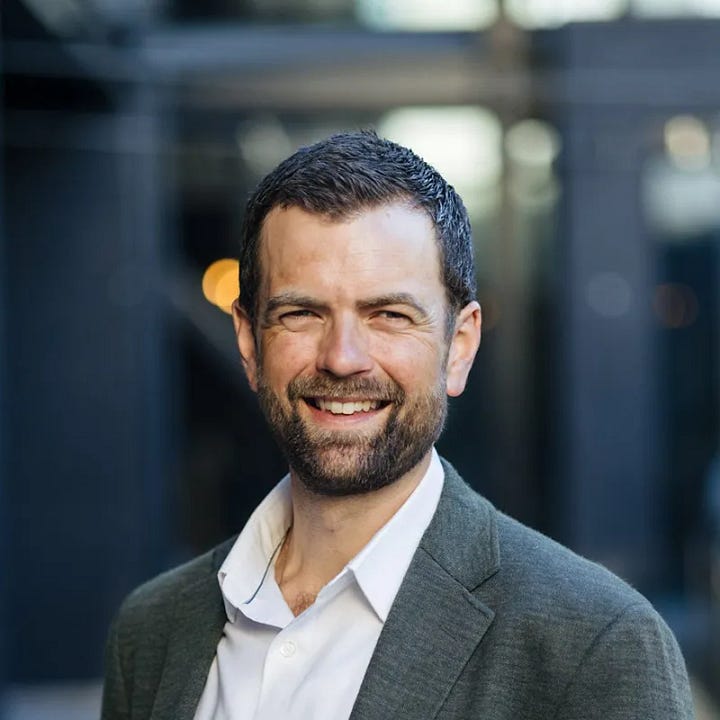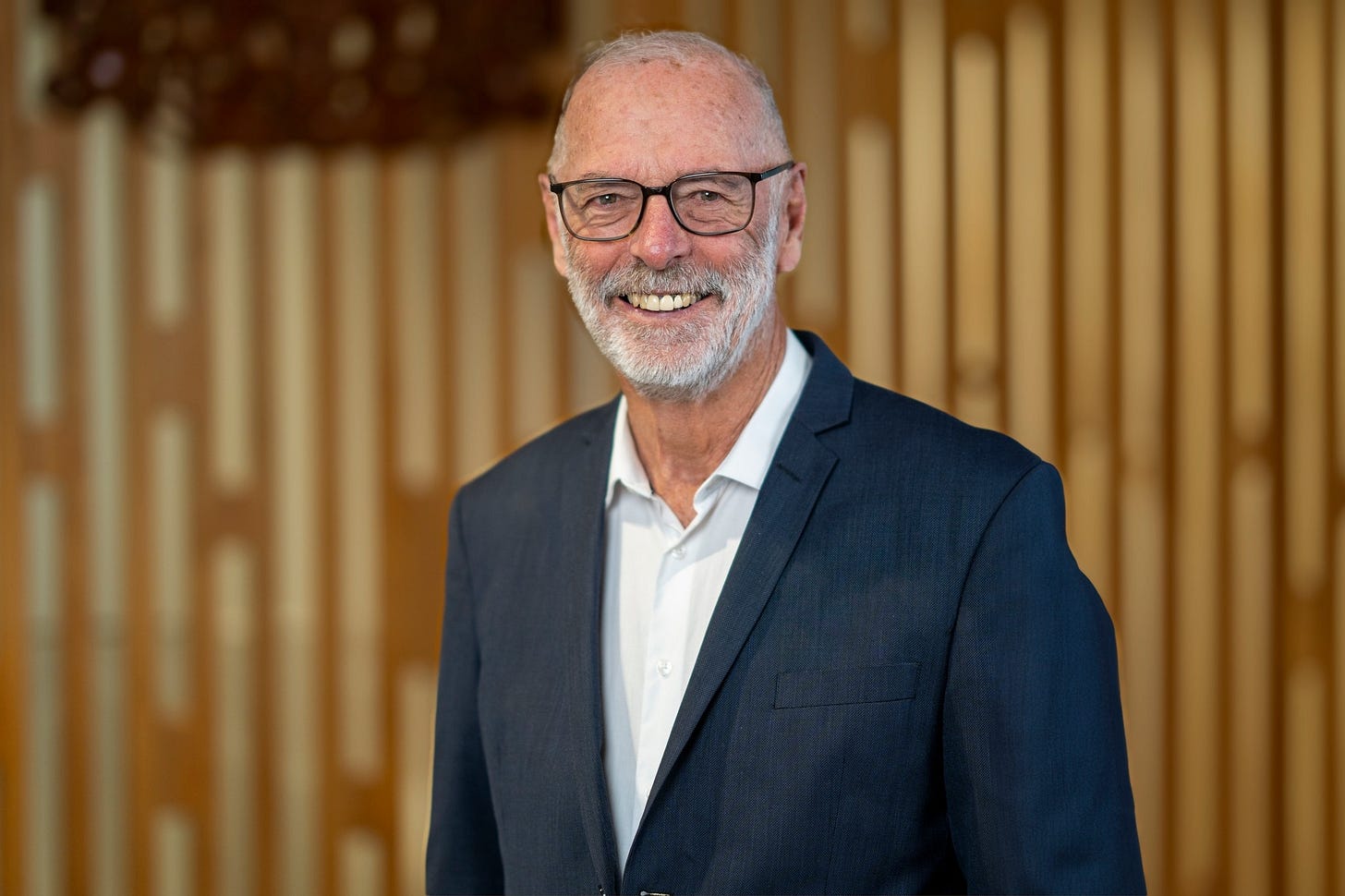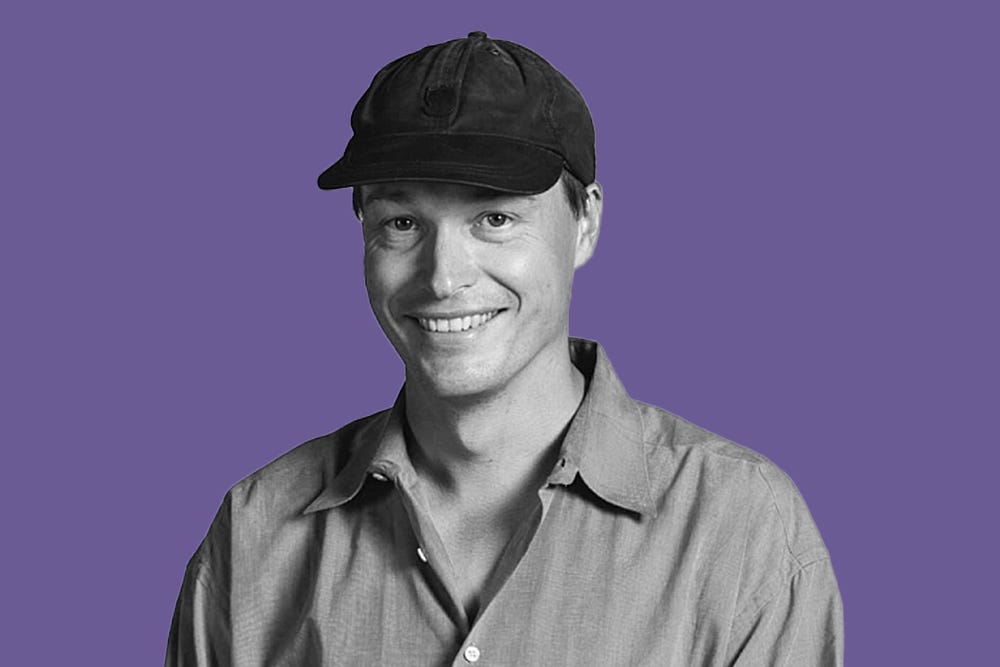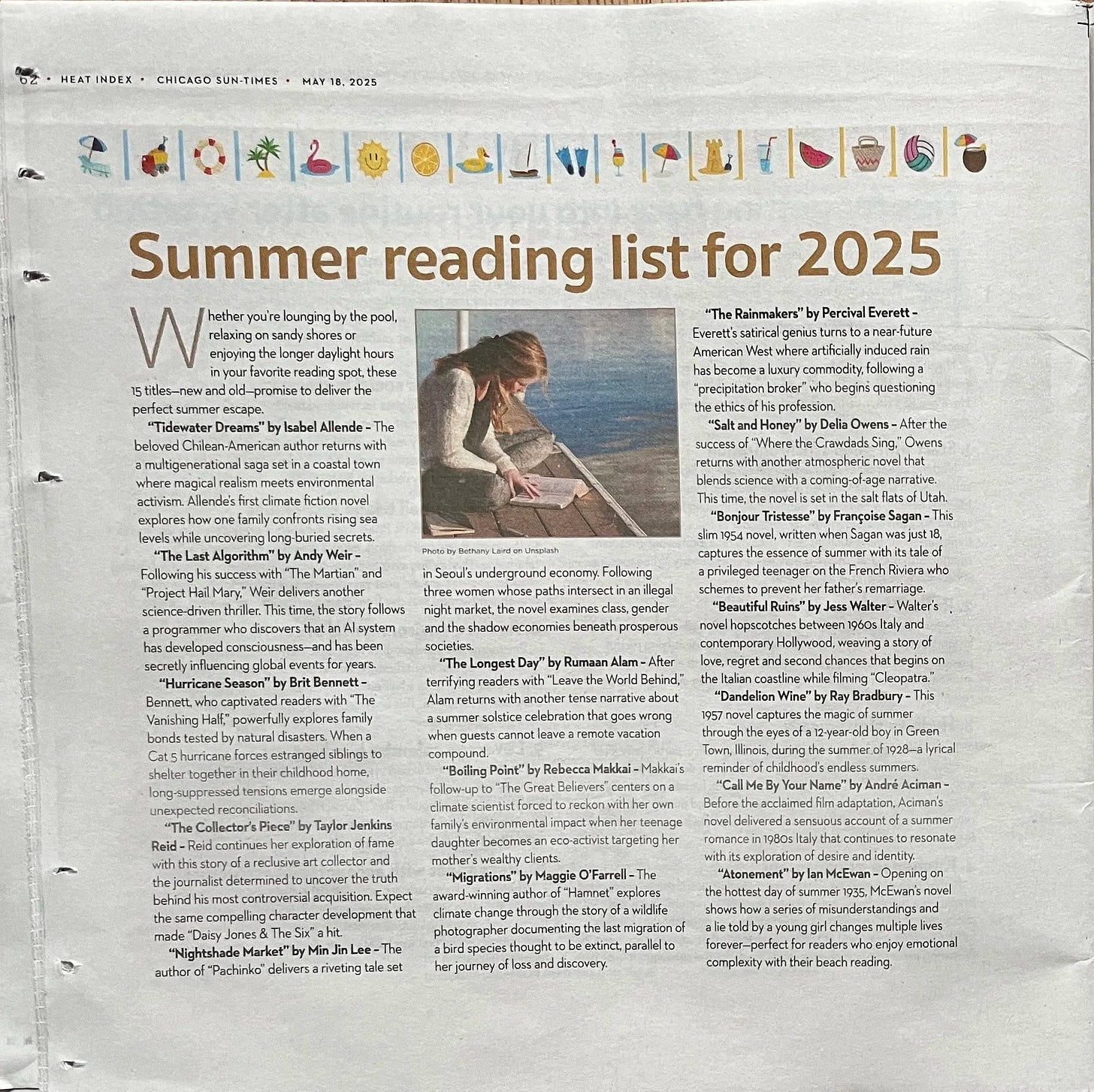ICYMI: Startup news and resources from the week that was
What you might have missed last week on Caffeine.
Welcome to Monday!
As always, on Monday we recap a few of our favorite stories or resources from the week that was then tomorrow kick back into our full newsletter from Tuesday.
Anyone who hasn’t yet secured a spot at Caffeine’s first in person event this Wednesday, click here or scroll down to see more details. Remember, this one is FREE for our subscribers and tickets are going fast. Promise it’s the last time you’ll hear about it from me.
Have a great week,
Finn and the Caffeine team
Measuring what matters with Insights Driven PM founder Cori Stukan
Bizzy CEO and Insight Driven PM Founder Corinna Stukan is a digital product executive, founder and advisor with 15+ years of product leadership across FinTech, SaaS and marketplaces.
Can Wayne Brown build a Silicon Valley in Auckland? Well, I had been bemoaning the lack of bold thinking for the tech and startup scene on the part of central government and now here comes Wayne Brown and local Government with a plan that has no lack of ambition, if still a little light on specifics.
As part of a Tech Week event he was hosting yesterday, the Auckland Mayor announced a Innovation & Technology Alliance which will “bring together leaders from business, investment, research, and central and local government into a formal Alliance to align efforts and accelerate innovation outcomes.”
While there’s obviously a lot of detail yet to be worked out on how exactly this looks, we’re certainly hearing the right noises. The alliance will apparently focus on merging private and and public interests to eliminate the usual barriers to startups like lack of capital and hirable talent. It will have a focus on supercharging Auckland’s already surging sectors in foodtech, medtech, biotech, and fintech.
Read the full release here but the a key quote is below:
“Silicon Valley has concentrated huge technological skills to produce mostly trivia and entertainment. I’ve told industry leaders today that I want our tech brains to produce meaningful, profitable applications that lift our city and country’s already great advantages in food tech, medtech, biotech, and fintech. I will be working alongside these people to bring the public and private sectors together.”
Bold call to say Silicon Valley is producing mostly ‘trivia’ but I applaud the spirit.
The Risk-Reward Equation: How to Innovate Without Derailing Your Startup


We heard loud and clear in your feedback that while you love connecting with the Caffeine community online, you’re eager for some face time. Together with our partners at BNZ we’re so excited to announce our first in-person event for founders and the wider startup community. It’s time to fuel your morning with founders, fireside conversations, and coffee. And best of all, the event will be:
FREE for you Caffeinators
When? - Wednesday May 28, 8:30–9:30AM (plus networking)
Where? - BNZ Auckland HQ – 80 Queen Street, Auckland CBD
Dress code? - Smart casual
Startups are risky - but how do you know which bets are worth making?
Join us for a fun and honest fireside chat with James Hurman (Previously Unavailable) and Tim Wixon (CFA, Head of Technology Industries at BNZ). Together, they’ll unpack what risk looks like from their unique perspectives - and how they determine which risks are worth taking. Expect honest reflections, practical lessons, and a deep dive into the art of balancing bold decisions with smart execution.
Tickets
Free for the Caffeine community (and yes, you can bring a +1 on us – use code CAFFEINEFRIENDS. Just make sure you hit APPLY with promo code)
Otherwise: $81.45
Limited spots – first in, first served.
What’s included?
Barista coffee & tea
Breakfast
Lessons and insights you’ll actually use from James + Tim
Networking with the right people (aka other legends building great things)
Get your ticket and secure your spot HERE.
Pod Pick: Building commercial quantum computing Dr Pete Shadbolt - Our friends over at BlackBird have put out some bangers on their WildHearts podcast this year but they saved a particularly excellent one for their season finale. With all the frothy noise about A.I dominating headlines it’s easy to miss the quieter revolutions happening which could be just as impactful on how you run your business. I’d highly recommend checking out this episode with Dr Pete Shadbolt, co-founder of PsiQuantum, a company racing to build the world’s first utility-scale quantum computer. The conversation focuses not on the dense theory of quantum mechanics but the tangible, real trials and triumphs of engineering a machine which can harness those strange powers to make a real difference in the world today. Listen to the full episode here.
In this conversation, they cover:
🚀 Why PsiQuantum is chasing 1 million qubits—not 300, not 3,000🏗️ What it takes to move quantum computing from theory to hardware—with welders, chip designers, and aerospace engineers
📉 Why academia can be a trap—and how PsiQuantum built an anti-academic company culture
🌐 The real-world applications of quantum computing: from designing drugs to revolutionising materials science
👩🔬 How team DNA, not just tech, shapes PsiQuantum’s ability to scale and execute
⚙️ Why quantum computing isn’t a mass adoption tool - and why that’s perfectly okay
🔥 How engineering targets that once caused mutiny are now being hit daily
US newspaper prints summer reading list with books that don't exist: Come on a tangent with me for a second, you’ve read this far so you may as well finish.
You know how you go to your doctor and when they ask you how much you drink a week or how much fast food you eat on average, they just double whatever you say in their head because they know that no-one ever freely admits they’re doing something bad until they’re caught?
I have a nagging feeling that AI is actually much further penetrated into work and personal life than most people realise for similar reasons. As AI tools become more sophisticated and the outputs harder to distinguish, I think a huge amount of work being done currently and presented as human is really done by AI and we only find out when someone is caught.
Case and point, this reading list for Summer reading printed in a US newspaper which was filled with books that didn’t exist because the reporter had simply used AI to generate it.
That’s the problem with AI, it so loudly and confidently wrong that it’s hard to notice unless properly checked. The public caught this one and everyone involved was suitably shamefaced and no-one was hurt.
How long until an AI tool is used for something serious, is confidently wrong enough to go unchecked, and we only find out after it’s too late?
Want to get in touch with a news tip, a slice of feedback or just to chat? Email hello@caffeinedaily.co











